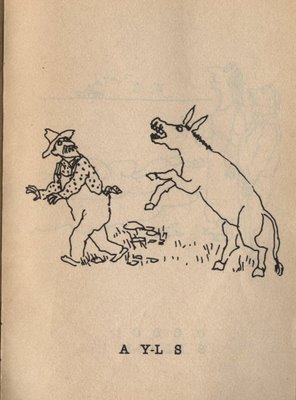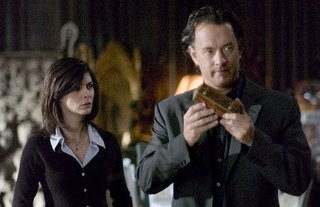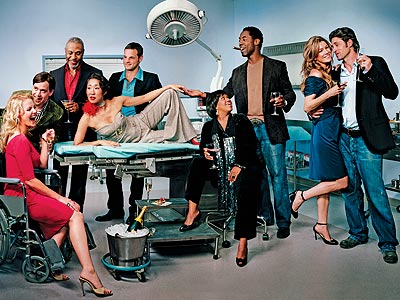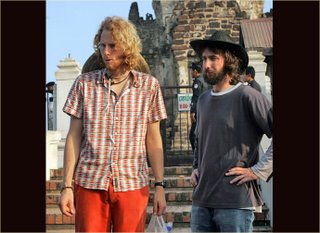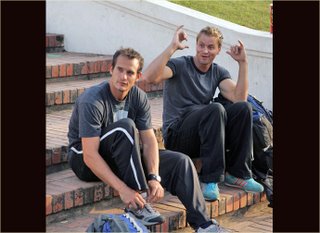The Way I See It #90
If we really want to understand
innovation and collaboration, we
have to explore shared space.
Consider Watson & Crick: How
many experiments did they do to
confirm DNA's double helix? Zero.
Not one. They built models based
on other people's data. These
models were thier shared space.
Their collaboration in that shared
space powered their Nobel Prize -
wining breakthough. If you don't
have a shared space, you're not
collaborating.
--Michael Schrage
MIT design researcher
and author of Serious Play.
If we really want to understand
innovation and collaboration, we
have to explore shared space.
Consider Watson & Crick: How
many experiments did they do to
confirm DNA's double helix? Zero.
Not one. They built models based
on other people's data. These
models were thier shared space.
Their collaboration in that shared
space powered their Nobel Prize -
wining breakthough. If you don't
have a shared space, you're not
collaborating.
--Michael Schrage
MIT design researcher
and author of Serious Play.
Lately I've been all pessimisstic and embittered by Starbucks Cups. I've been like 'shut up you' and 'who died and made you Jesus.' Just as I started to write a snide remark in response to Michael's comment, some ponderance about how if you don't communicate well or hate your coworkers you have the antithesis of collaboration, I took a second to think about my job.
Now I don't love every minute of my job. If I did, I wouldn't blog at work. Ha. No it's no great secret that I am not the hugest fan of my job, and in the very beginning it used to break me down to a blubbering sobbing mass (oh, not AT work, after work, late at night while talking to boyfriend). Maybe after a year my senses have been dulled, but I think the year that has passed has allowed me to understand that my work is actually valuable and is useful. And it's really all about collaboration. My job is to enter people into an anonymous non-hodgkin's lymphoma database. Big deal, right? That's what I thought. But then I realized that there are doctors throughout the country that depend on my data to write their papers. The papers, in turn, are presented to conferences throughout the world. They talk about who has what cancer, who got what treatment, and what their outcomes were. So technically, I am setting up a framework. That framework is used by doctors and researchers. Maybe someday the framework I set up will lead to the key that's needed to find the cure to lymphoma. It's all about collaboration, people.
Now I don't love every minute of my job. If I did, I wouldn't blog at work. Ha. No it's no great secret that I am not the hugest fan of my job, and in the very beginning it used to break me down to a blubbering sobbing mass (oh, not AT work, after work, late at night while talking to boyfriend). Maybe after a year my senses have been dulled, but I think the year that has passed has allowed me to understand that my work is actually valuable and is useful. And it's really all about collaboration. My job is to enter people into an anonymous non-hodgkin's lymphoma database. Big deal, right? That's what I thought. But then I realized that there are doctors throughout the country that depend on my data to write their papers. The papers, in turn, are presented to conferences throughout the world. They talk about who has what cancer, who got what treatment, and what their outcomes were. So technically, I am setting up a framework. That framework is used by doctors and researchers. Maybe someday the framework I set up will lead to the key that's needed to find the cure to lymphoma. It's all about collaboration, people.

